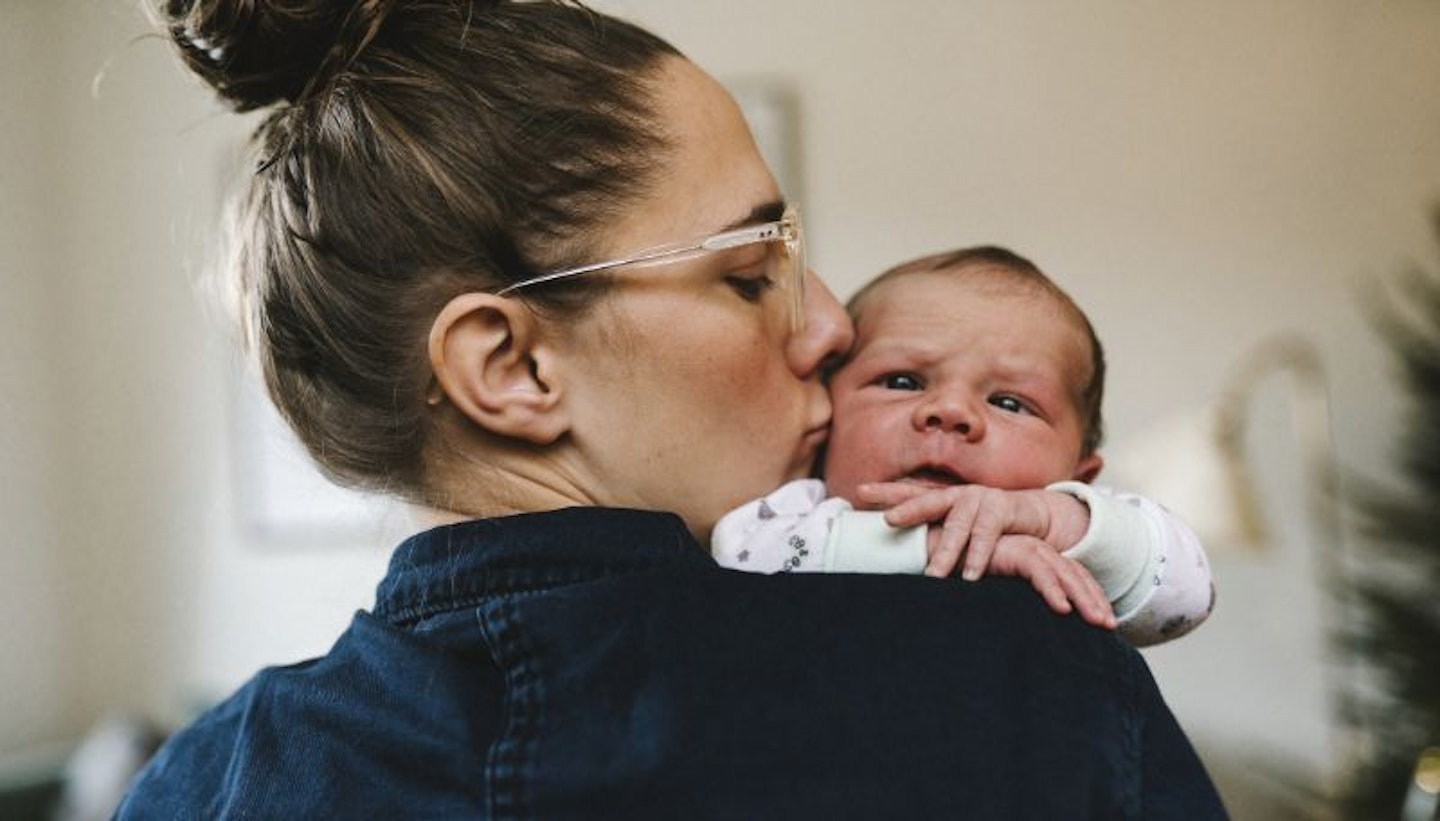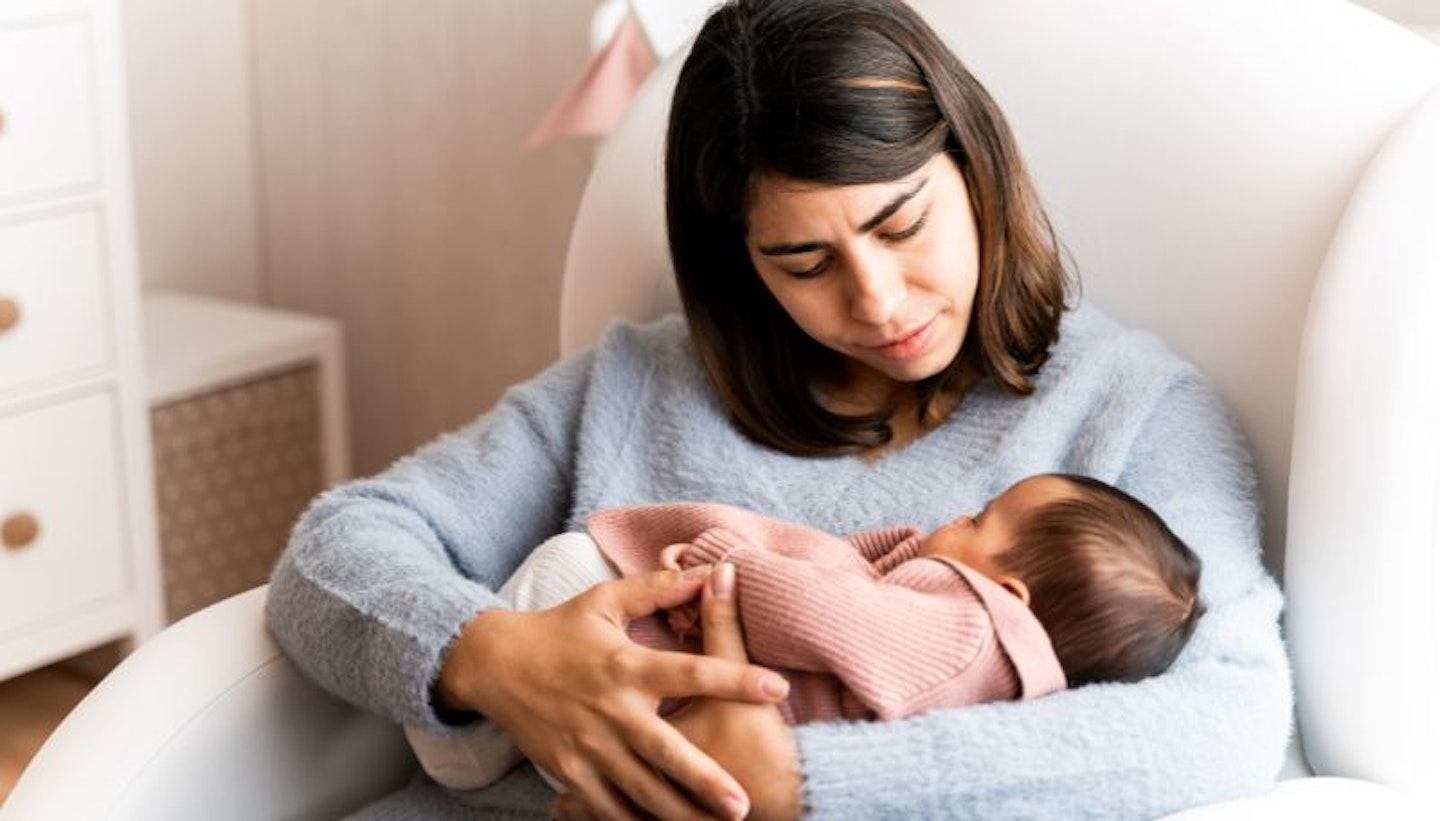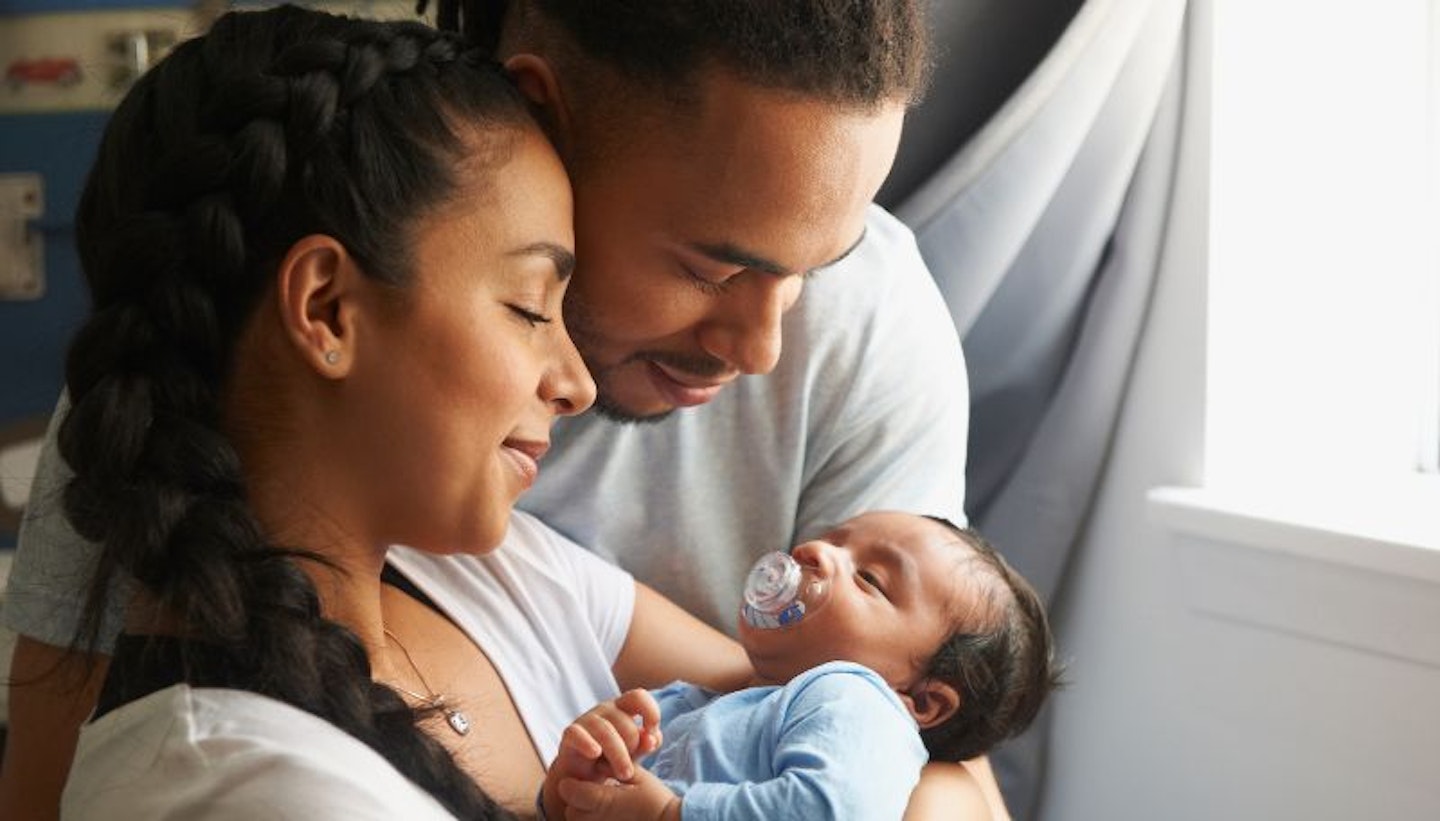Congratulations on your pregnancy! You must have so many questions about maternity and paternity leave – like when it starts, how long you can take off for maternity or paternity leave and even how to let your manager know you're pregnant. You'll also probably want to find out more about what your maternity pay will be. With so much to work out, you're bound to feel overwhelmed. We have compiled this handy guide to provide all the information you need to know about when maternity leave starts and how to tell your employer that you're having a baby.
We're here to help you find out exactly what you're entitled to so that you can organise your finances and budget your maternity pay ahead of time. You can also try to negotiate better maternity pay, and if you're self-employed there are options too. While you may not quality for Statutory Maternity Pay, you can claim a Maternity Allowance if you're self-employed.
If you've only just found out you're pregnant, you'll want to know a few basic things first, like what is Statutory Maternity Leave, how long maternity leave is in the UK, and the dreaded question – how and when do I tell my boss I'm having a baby? Here we have some much-needed insight.

What is Statutory Maternity Leave?
Statutory Maternity Leave in the UK legally entitles you to enjoy a whole year's worth of time off work to spend being a mum to your newborn. The best bit is that this applies no matter how long you have been in your job. However, you do have to meet eligibility, and you'll only get maternity pay for 39 of the 52 weeks of any maternity leave you're entitled to. This is because maternity leave is separate from maternity pay.
Am I eligible for Statutory Maternity Leave?
Not everybody is automatically eligible for Statutory Maternity Leave. Based on Citizens Advice you must be an employee to be eligible for maternity leave. This doesn't necessarily mean you won't be eligible if your contract states that you're self-employed. Some instances where you might not be an employee include working for an agency, or in any capacity where work is inconsistent or not guaranteed. There are also different rules if you're in the Police or Armed Forces. The best thing for you to do is to check with your employer.

How long is Maternity Leave in the UK?
To prepare for the birth of your new baby, you'll need an idea of how much time you can take off work before and after giving birth. Maternity leave in the UK is 52 weeks. Gov.uk states that while the 52 weeks leave is optional, by law you must take 2 weeks Compulsory Maternity Leave after giving birth, or 4 weeks if you work in a factory.
Moneyhelper.or.uk states that the 52 weeks of maternity leave is made up of two parts:
-
Ordinary Maternity Leave – This is the first 26 weeks (or 6 months) of leave. During this time you have the right to return to the same position you had before taking Maternity Leave.
-
Additional Maternity Leave – This is the final 26 weeks (or 6 months) of leave. It is different in that it affects what rights you have when you go back to work. You have the right to return to the same job if it's still available, but if it isn't, you must be offered a similar job with the same pay and conditions.
It's worth noting here, for your peace of mind, that you're entitled to 18 months of protection from redundancy from the date of your expected birth. This also applies if you take 6 weeks of continuous Shared Parental Leave, which we cover more about below.

When and how do I tell my boss I'm pregnant?
Sharing your pregnancy news is a big deal! You might even feel anxious about telling people at work that you're having a baby. Don't worry, you don't have to break the news straight away. Knowing when you have to tell your boss about your pregnancy can help you feel more in control. Planning how to break the news also gives you time to prepare any questions and have a clearer idea of what to expect.
It's normal for new mums-to-be to worry about people's reactions, especially at work. Aside from concerns relating to the risk of miscarriage during the first trimester and dealing with miscarriage and the workplace, you might also be worried about being treated differently or losing your job. You don't legally have to tell your employer that you're pregnant, but by informing them you will protect your rights, avoid discrimination, and ensure that your employer is legally bound to protect the health and safety of both you and your child.
It is illegal for pregnant women to be treated differently in the workplace or for you to lose your job just because you're expecting a baby. Telling your boss that you're pregnant is a great idea as it will also unlock benefits and entitlements that will help you, not only at work but also at home. It's important to wait until you and your partner both feel confident and ready, however, to access the rights and benefits you're entitled to, you must inform your employer of your pregnancy 15 weeks before your baby is due, at the latest.

When can I start maternity leave?
For those of you who are eager to make the most of your maternity leave and start early, the earliest you can take it is 11 weeks before your baby is due unless the baby is born early. You can continue to work right up until your due date if you prefer, and if you haven't already taken any time off before your baby is born, your maternity leave will officially start from their birth date.
When is the best week to start maternity leave?
Preparing for birth is a stressful time with so much to do leading up to your due date, from assembling baby gear to packing your hospital bag. People tend to take their leave a week or so before their due date to give them plenty of time to get everything done, so around 38 or 39 weeks pregnant. This also allows enough time to make sure you avoid going into labour at work, and make sure that the arrival of your newborn is planned and safe.
Can I take maternity leave if my baby is born early?
Good news – if you have a premature baby or your little one is born before their due date, your maternity leave is effective immediately. Your leave will officially start the day after the birth if the baby is early. This means that you, your partner, or someone in your family need to let your employer know as soon as possible.
Do I get maternity leave if I have a pregnancy-related illness?
If you have to take time off work in the 4 weeks (Sunday to Saturday) leading up to your baby's due date, and the illness is pregnancy-related, your maternity leave will start automatically. Any leave prior to this would need to be taken as sick leave in most instances, and if it's an extended sick leave the amount of paid sick leave you are entitled to will depend on the company you work for and is at their discretion according to company policy.
Can you start maternity leave after your due date?
No, maternity leave must start no later than the day of your baby's birth.
When does paternity leave start in the UK?
Statutory Paternity Leave must be taken within 8 weeks (56 days) of the birth and cannot start before the child is born. If you need flexibility, however, you might be able to negotiate with your employer to take some of your holiday time before your paternity leave.

What is shared parental leave?
Shared parental leave allows eligible couples to share up to 50 weeks of leave during the first year after their child is born, as stated on Gov.uk. This includes up to 37 weeks of pay between you. You will have to give up some of your maternity leave and pay to take advantage of it, but Shared Parental Leave greatly extends your options when it comes to taking time off, giving you even more freedom to spend time with your new baby and each other.
You can:
-
take your leave all at once
-
separate it into blocks between periods of work
-
stagger the leave between you and your partner
-
or even take time off work together to spend as a family.
With shared parental leave parents can stay more connected to their jobs and enjoy being a new parent at the same time if they wish. You must give employers at least 8 weeks' notice to start enjoying the benefits.
Proud aunt to her teen niece, Zara Mohammed is a Digital Writer for Mother&Baby. She has 10 years freelance writing experience creating lifestyle content for various platforms, including pregnancy, women’s health, parenting, child development and child mental health, plus lots of fun seasonal family articles and celebrity news.
